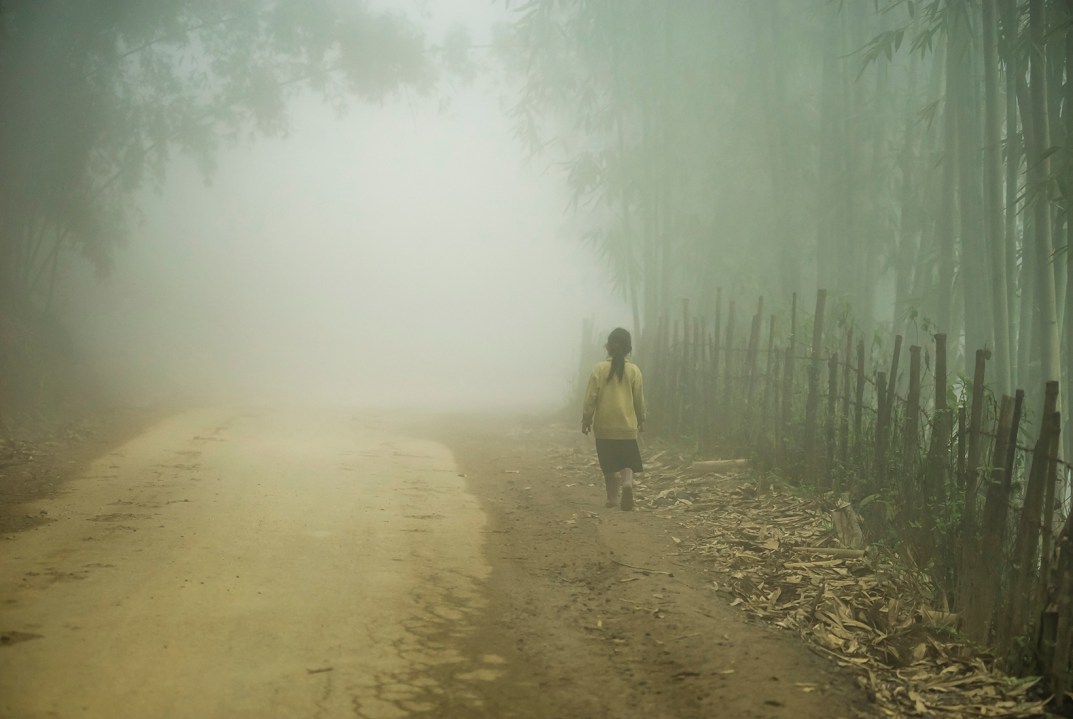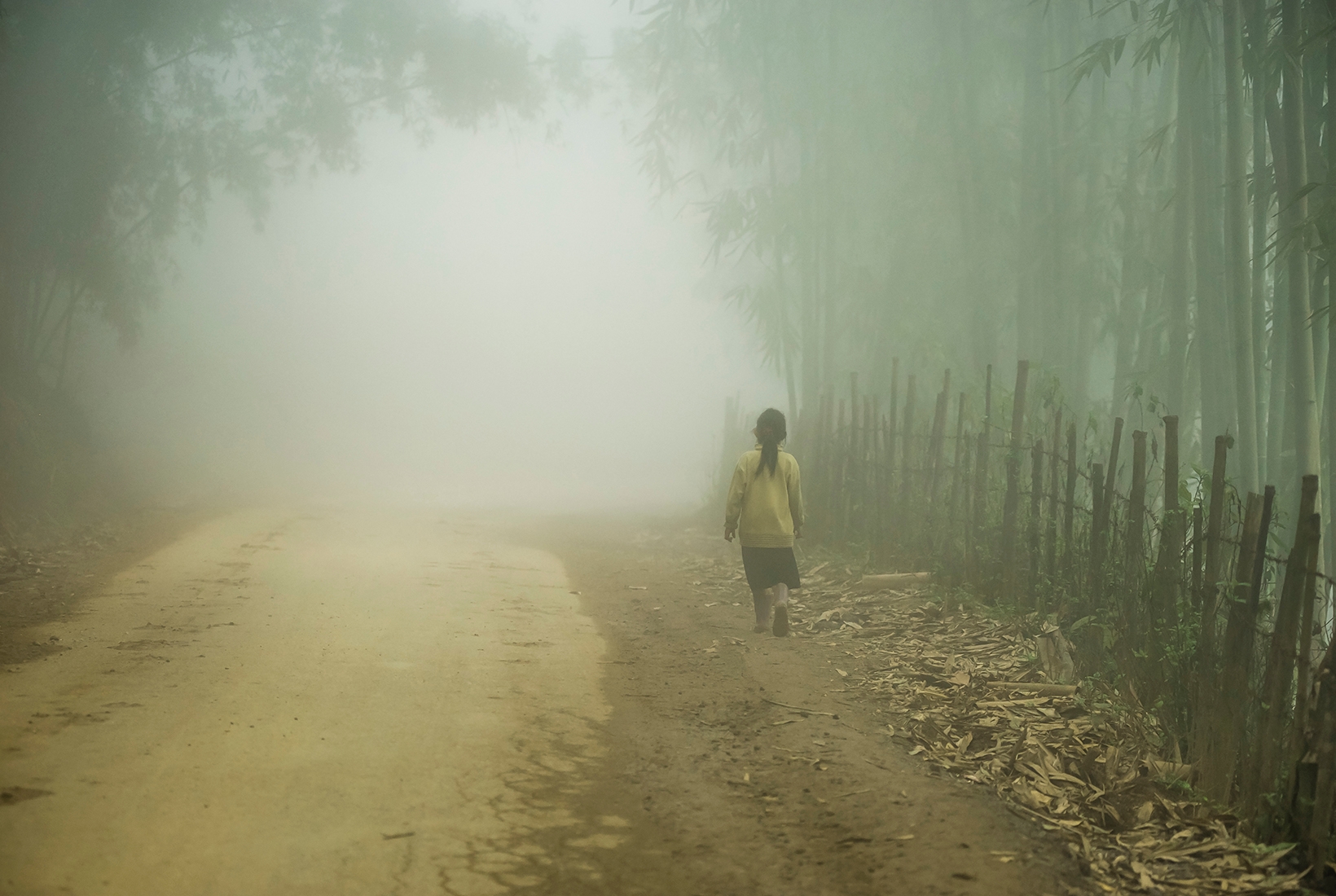Hot on the heels of The Stranger, the Netflix series based on his novel but transplanted to the UK, Harlan Coben returns with his 32nd book. Some of us have been getting our regular dose ever since he introduced his sports agent sleuth Myron Bolitar in the mid-1990s, and The Boy from the Woods (Century, £20) contains all the usual ingredients.
For those new to Coben it has the virtues of The Stranger — addictive and full of twists, with an intriguing premise. It also has its deficiencies: too many subplots, a tendency to drop promising strands of the story when something else comes along, and characters whose motives are often unclear and whose behaviour is downright far-fetched.
The boy of the title, discovered as a feral child in the forest, is the hook sold to us on the cover. But in fact we find out nothing about that; it is merely an excuse to present us with Wilde, now an adult, ex-special forces, with heightened powers of intuition and survival and perhaps a bit too good to be true.
He is enlisted by the more satisfactory Hester Crimstein (from Run Away), a no-nonsense septuagenarian lawyer with her own TV show, to track down a classmate of her grandson’s who may have been kidnapped. Conveniently, Wilde, her late son’s best childhood friend, is godfather to the boy, and begins to put his talents to use uncovering what has happened. The plot’s twists and reversals involve murky pasts, school bullies, detached parents, rich TV producers, sinister security consultants, fake internet news and a politician reminiscent of Steve Bannon. It’s all highly entertaining, if occasionally preposterous.
A missing child is also central to Magpie Lane (Quercus, £16.99), though Lucy Atkins adopts a very different approach. Rather than the frenetic clue-chasing of a thriller’s investigation, the story — all atmosphere, suggestion and quite possibly misdirection — emerges gradually in flashback from the perspective of Dee, the Scottish nanny who is interviewed by the police after the disappearance of Felicity, her eight-year-old charge.
Highly strung and selectively mute since her mother’s death, Felicity is the daughter of Nick, the new master of an Oxford college and a former TV executive, now married to Mariah, a Scandinavian more interested in wallpaper than her stepdaughter — according to Dee’s version of events. But how negligent are these trendies really? Dee is, if not lying, sparing in what she discloses. Is there really a supernatural element to the priest hole in the attic? And how did she lose her own child? This turns out to be more of a love story that happens to contain a crime, but it’s a pleasure to read and highly recommended.
Fans of Kathy Reichs probably don’t need to know more than that, after a hiatus, she has produced A Conspiracy of Bones (Simon & Schuster, £20), her 19th Temperence Brennan novel. Tempe, as ever, is preoccupied with forensics, her complicated romantic back-story and her latest case (which starts with a man in a trench coat following her, and a corpse without hands or face). In what is clearly a current theme, a missing child — from a ten-year-old cold case — is part of the mix, as are conspiracy theories and the sinister aspects of the internet.
Dr Reichs’s penchant for adding her own attributes to Tempe explain this book’s delay; in an afterword she reveals she’s given her heroine the same medical problem she herself has faced — an unruptured cerebral aneurysm. This adds salt to the ‘fake news’ aspect of the plot. Tempe hasn’t yet much questioned whether she’s been right; and here she does a bone sliver analysis that turns out to be a dead end. But you won’t be surprised to learn that she remains the attractive, entertaining and ultimately vindicated reliable narrator she’s always been.
For a change of scene there’s Jacob Ross’s Black Rain Falling (Sphere, £14.99). Set on Camaho, a fictionalised Grenada, it paints a strong contrast between the vivid atmosphere, smells, tastes and colours of the Caribbean and the murky, casually brutal violence that can lie behind it.
Michael ‘Digger’ Digson, who follows the conventions of being decidedly contrary when dealing with his superiors, tries to hold on to his police badge at the same time as defending Miss Stanislaus, a fellow detective who has killed a rapist in self-defence, while also contending with the corruption and self-interest of the government and police.
A six-week deadline, a grisly gang murder and a local kingpin who has terrorised an outlying island are not Digger’s only headaches; his complicated family background also creates friction in his professional life. There are occasional reminders that the legacy of colonialism is found not just in racism but the gulf between the hard-scrabble existence of villagers and gang members and the complacent attitude of those with interests in the island’s politics. Ross’s depiction of Camaho is as effective when he shows its ugly side as when he describes its idyllic landscape.
Some readers may find the dialect, in which much of the narrative is delivered, initially daunting, but it’s beautifully balanced against muscular, conventional prose. This is fine writing and a compelling story.







Comments